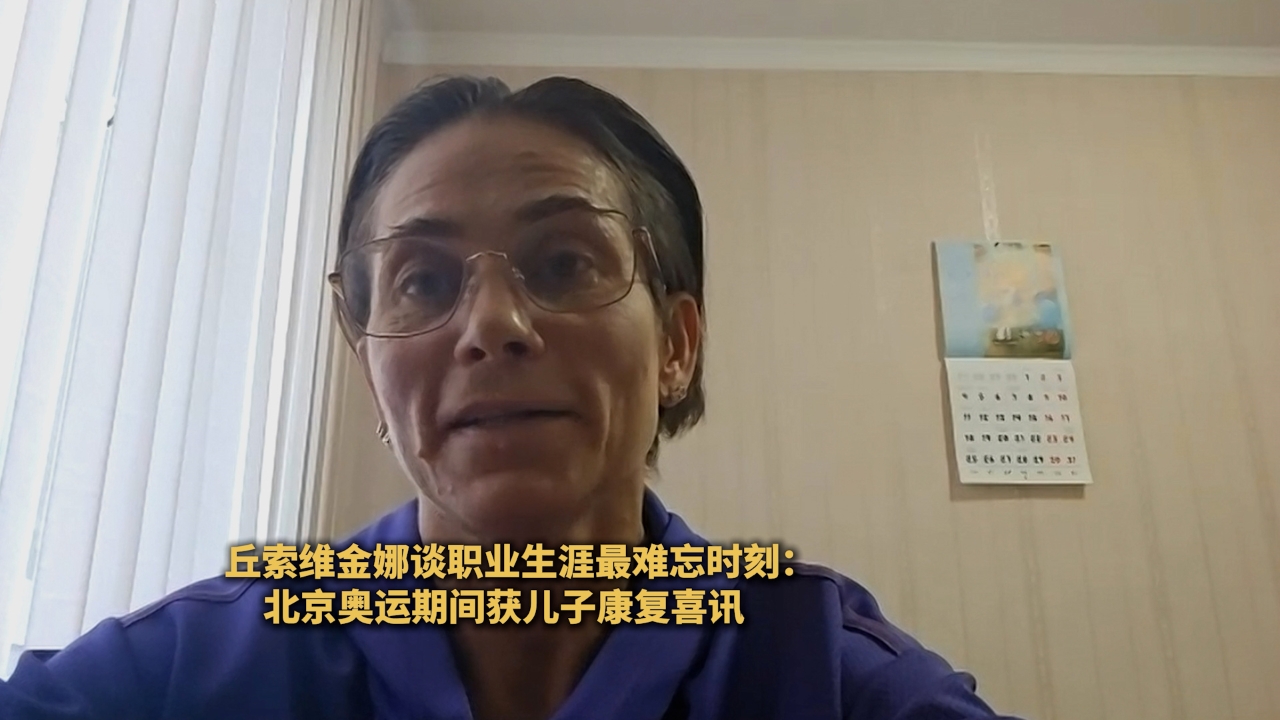China has made continuous efforts to provide more employment opportunities to improve people's lives and strengthen social security amid the challenges posed by the nation's large workforce and overall employment figures, according to the head of a government department.
Since 2012, China has implemented a strategy that prioritizes employment and promotes supportive policies, Wang Xiaoping, minister of human resources and social security, told People's Daily recently.
The average number of urban jobs created each year has reached 13 million, with over 30 million laborers finding work outside their regions.
Despite increasing economic pressures and complex external environments, China, with a population exceeding 1.4 billion, has maintained overall stability in employment nationwide, she said.
In addition, efforts have been made to accelerate the construction of the world's largest social security network. The number of people enrolled in pension, unemployment and work-related injury insurance plans has increased steadily, with benefits increasing consistently. Pension benefits for retirees have doubled since 2012, and substantial improvements have been made to unemployment benefits and work-related injury compensation.
"These efforts have provided crucial support for improving livelihoods, economic development and social harmony," Wang said.
Faced with complex domestic and international challenges, government departments have taken proactive steps this year, implementing a series of policies and measures to improve employment.
"As a result, overall employment in China remains stable and is showing positive trends," Wang said. "In the first half of the year, the number of urban jobs increased by 6.98 million compared to last year, with social security coverage expanding steadily — and all benefits being disbursed in full and on time — contributing to the growing surplus in the funds."
She also noted it is important to address employment discrepancies by enhancing coordination between educators, trainers and employers; ensuring labor supply meets demand; adopting innovative training methods; and improving the recognition of and compensation for skilled workers.
For instance, in the face of the challenging employment situation for young people, college graduates and others are being encouraged by the central government to take more jobs at the community level.
Young people have especially felt the negative effects of the COVID-19 epidemic and an economic downturn, with both occurring as graduates aimed to start their careers.
According to figures released by the National Bureau of Statistics last month, the surveyed unemployment rate of young people age 16 to 24 was 19.3 percent in June. By comparison, the same figure for June 2019, before the epidemic hit, was 11.9 percent.
To encourage more young people to take up community posts, the ministries of civil affairs, human resources and social security, and education have required all community management committees to make positions open to college graduates.
In a notice, they said community committees must plan annual recruitment campaigns to fill all job openings. It set a goal of employing 18 social workers for every 10,000 people in a residential community by next year.

















































 京公网安备 11010202009201号
京公网安备 11010202009201号